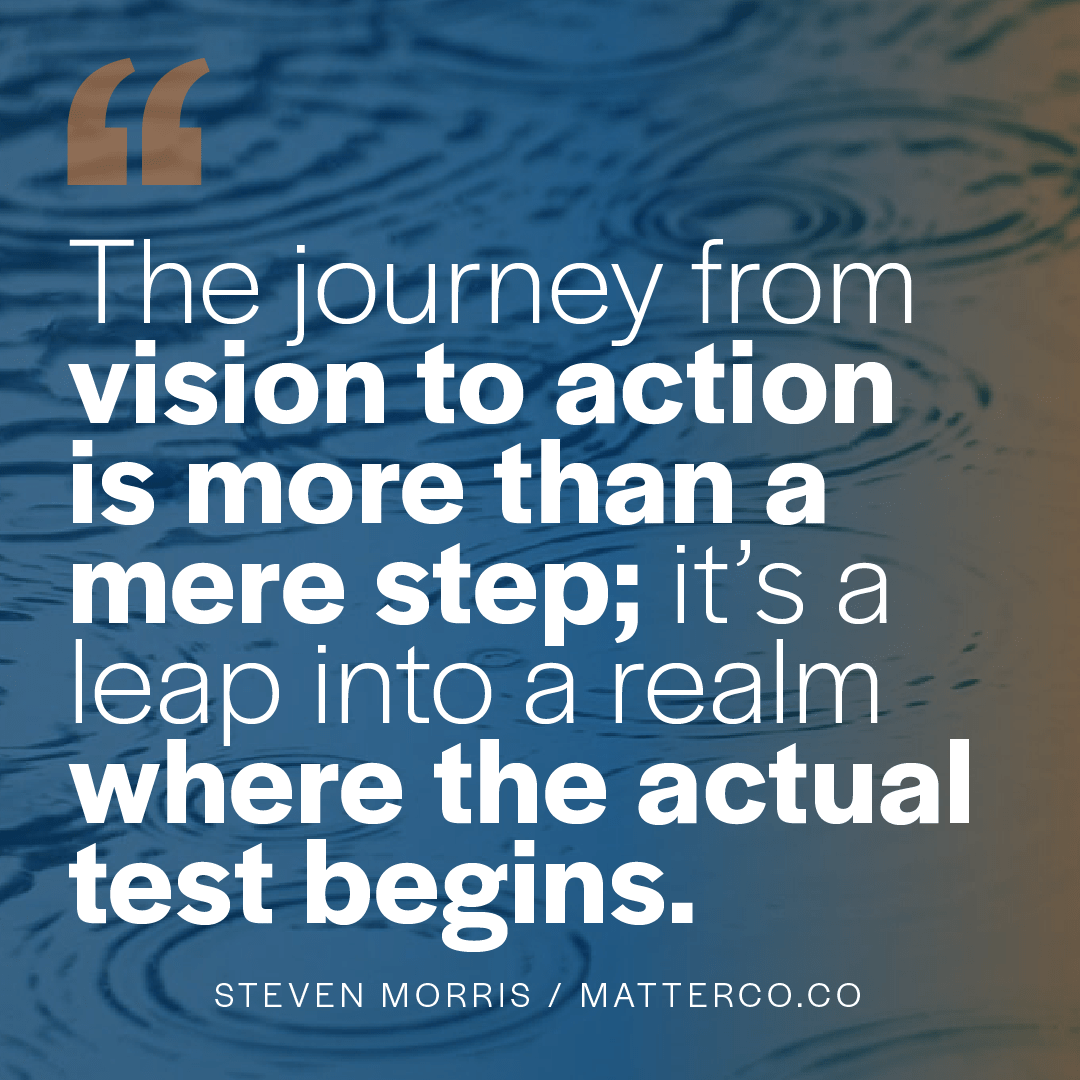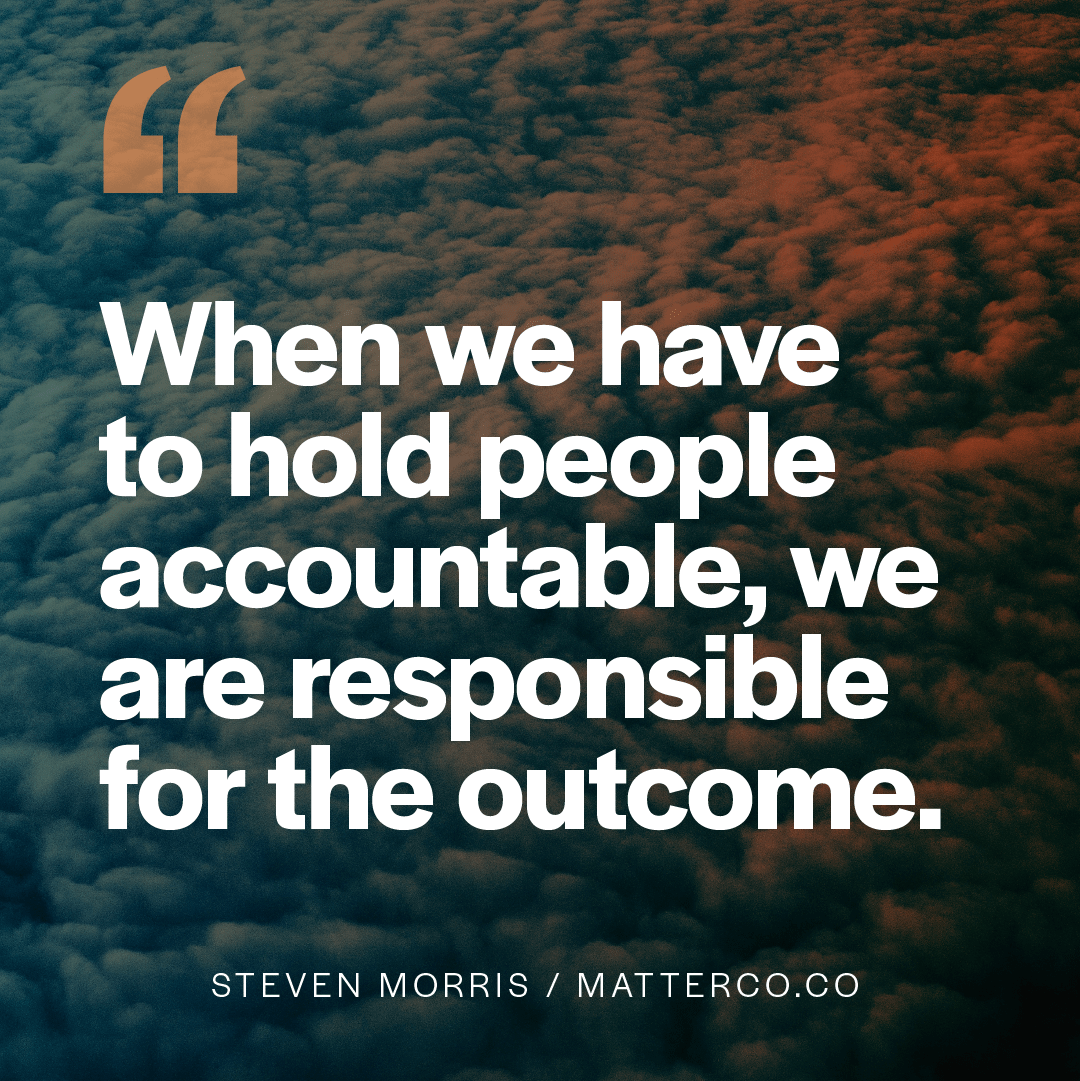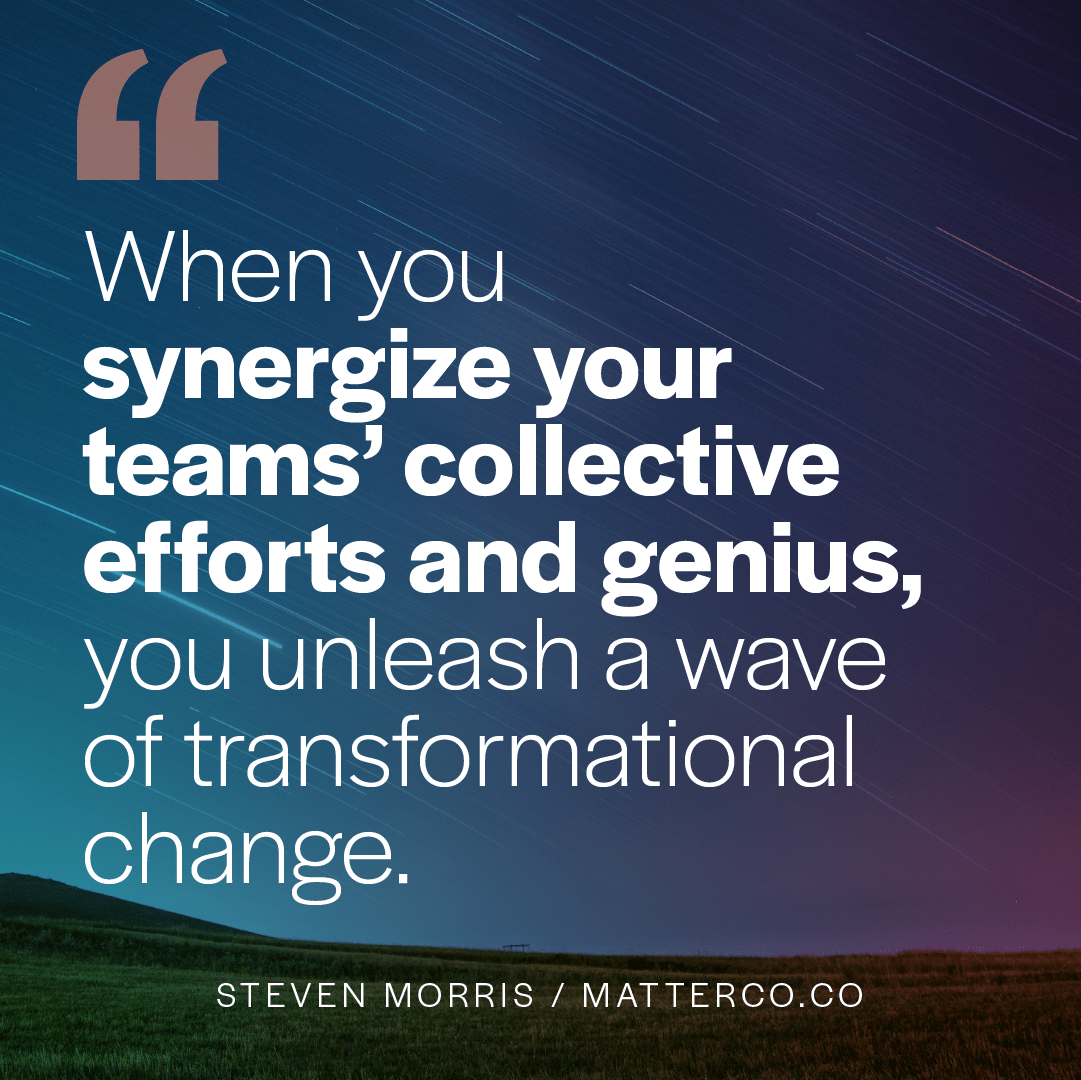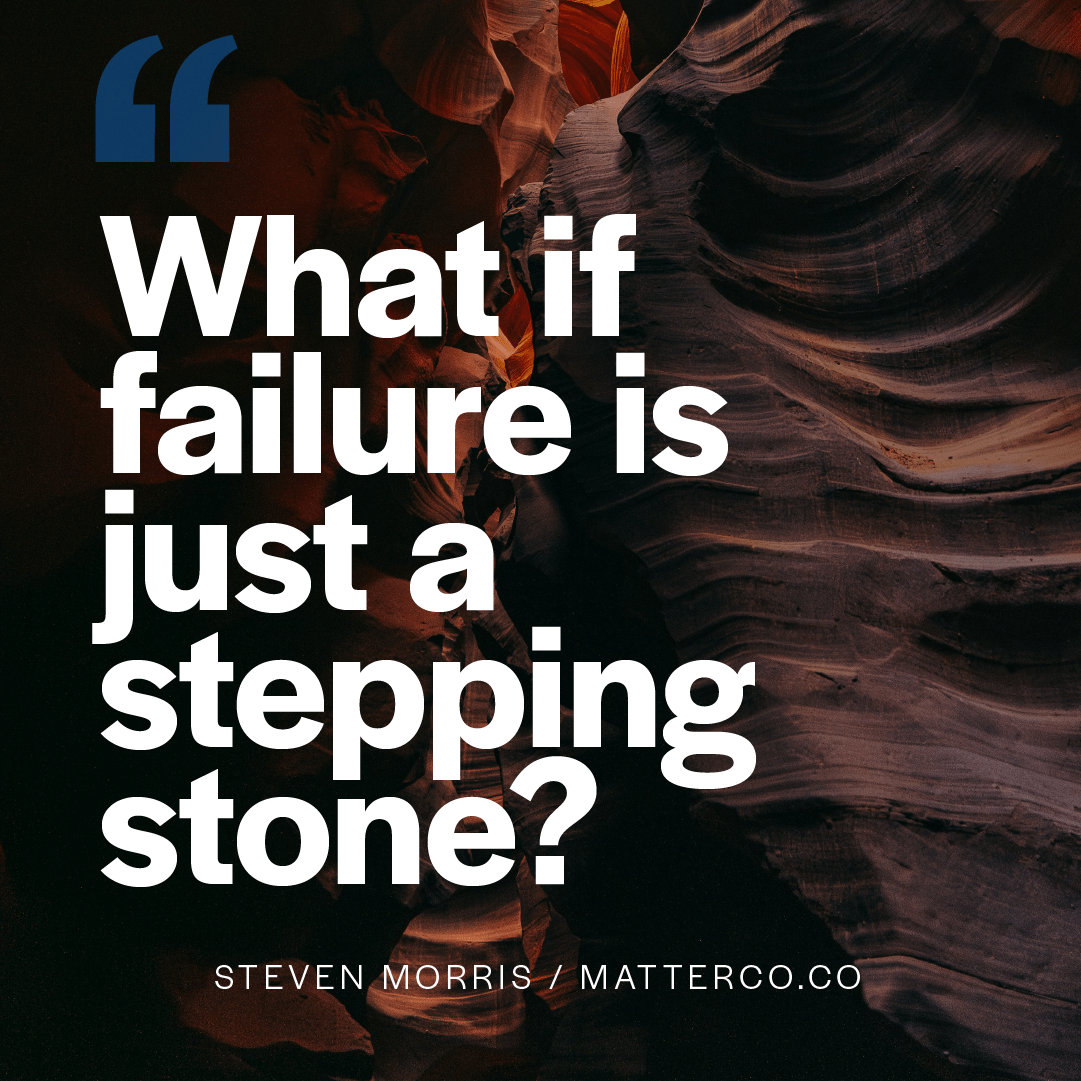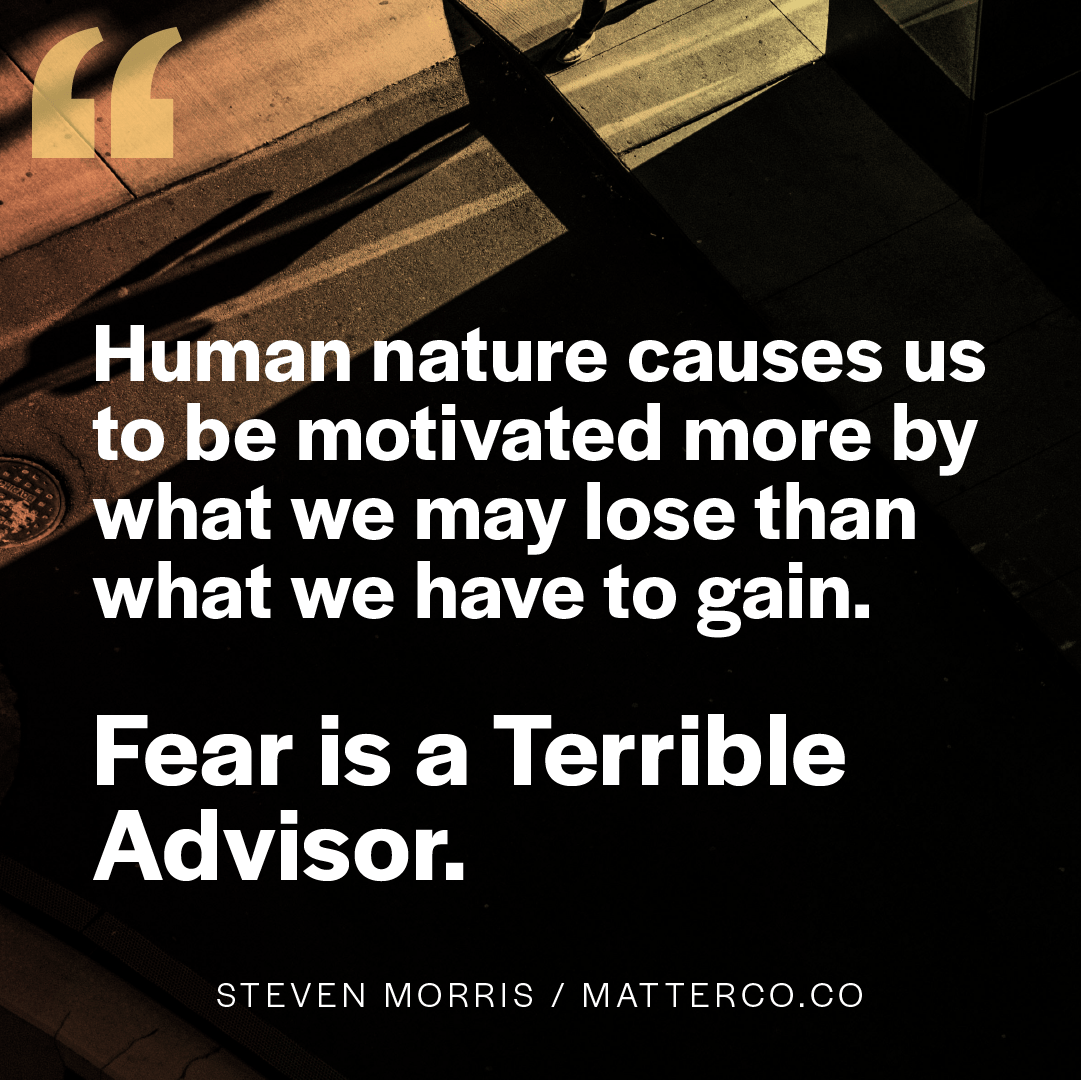
Why Care About Brands In Troubled Times?
“The Morning Show” on Apple TV features Cory Ellison, an elfish chaos-making puppeteer played by Bill Crudup. While Cory doesn’t always make the mayhem that ensues, he takes great pleasure in the chaos.
“People get their horrible news delivered to the palm of their hand 24/7, and they get it the way they like it, colored the way they want it. And news is awful, but humanity is addicted to it, and the whole world is depressed by it.”
— Cory Ellison, The Morning Show
By now, it should be common knowledge that bad news increases media ratings. Clickbait, link bait, provocative headlines, or misleading titles are all designed to prey on human fear.
Take the current mix of global conflicts; include an unhealthy dose of corporate, political, and celebrity scandals; add greed; mix with a tumultuous political landscape; fold in our climate that brims with uncertainty; add an easy and addictive way to both share and scroll in a device that’s always with you, and… and voila! You get a mass media mess that has us doom-scrolling.
Anger, disgust, and outrage are the emotions most likely to spread stories online.
The more outrageous the message or headline, the more it will warp our sense of reality. This makes the fake seem real and the real seem fake. It’s a paradox we can’t quite wrap our heads around. As such, we focus on the things we can’t understand and spend more time processing them.
So, why should anyone care about brands in times like these?
During tumultuous times — internally or through cultural or market shifts — businesses simultaneously have the highest level of vulnerability and opportunity. Those responsible for building and running companies have more power than they may realize.
Thanks to diminished trust in large institutions and government, research indicates that people, more than ever, look for businesses to lead the way to greater cultural morality.
Human nature causes us to be motivated more by what we may lose than what we have to gain.
Fear is a Terrible Advisor.
The problem is that the prospect of loss triggers a fight-flight-or-freeze reaction, which can lead to profoundly unproductive decisions and actions. It’s vital to do a gut check during change, transition, or uneasiness because what our brain perceives as threats may actually be opportunities.
Giving your attention to underlying brand values and integrity in living those values are always critical disciplines. Activating your integrity during difficult times makes the difference between whether your brand is vulnerable or getting stronger.
Clarity Amidst the Chaos.
Organizations must delve deep to understand their values and rediscover their center in times like these. Companies in transition must take time to shore up their brand and culture by defining and activating their importance – internally to your culture and externally to your audience. This will give your employees confidence to understand their role and your audience confidence that you know the value that you offer.
Integrity in Actions.
While reconnecting with authentic values is a crucial first step, it’s only as valuable as the integrity with which your brand is expressed in every encounter. Countless businesses pour resources into world-class “look & feel” and ignore the customer’s experience or bypass the core beliefs that formed the company in the first place.
Worse, companies can get so side-tracked by external pressure (or operate with a greed-motivation) when they force employees to abandon their internal values to achieve results that have nothing to do with company values. Twitter, FTX, Alameda Research, Meta, and Fox, for instance, are among the least trusted brands of today.
Seizing Opportunity.
Radical self-inquiry is how we understand our most intrinsic motivations and activate them into the confidence-giving territory. This is the same for a person as it is for a company. Confidence comes from the deeply held beliefs that allow us to keep to our center.
The uncertainty of our world brings tests that are often difficult to anticipate and frequently out of our control. Organizations that commit to defining, understanding, and living with the centered awareness of their character identity navigate through challenging times with poise and assurance. This allows companies to capitalize on the chaos and turn it into a creative platform for innovation.
When a company resists the urge to react too drastically to external influences and acts with integrity from its center. This demonstrates to the world that it is a value-centered brand, which builds trust. The opportunity to strengthen your brand during times of transition stems from knowing who you truly are.
Napoleon said, “The role of the leader is to define your reality and give hope.” I’d go further. The role of the leader is to hold the vision and create the conditions for the team to succeed.
Defining your reality starts with deeply understanding who you are and who you serve. During these times when the media is fueling the fire of fear, fear not. If you know your brand values, you will continue to make decisions from that power center of your knowledge.
If you find that the heart rate of your culture is palpitating, do a gut check and ask yourself: are you reacting to the world of hype around you, or are you acting in the best interest of your people and purpose?
If you found this topic interesting or valuable, here are some related articles for you.
If you want a more trusting team, a culture of belonging or a magnetic brand that attracts more of the right customers, I can help. If you'd like to explore if working together makes sense, drop me a line.




